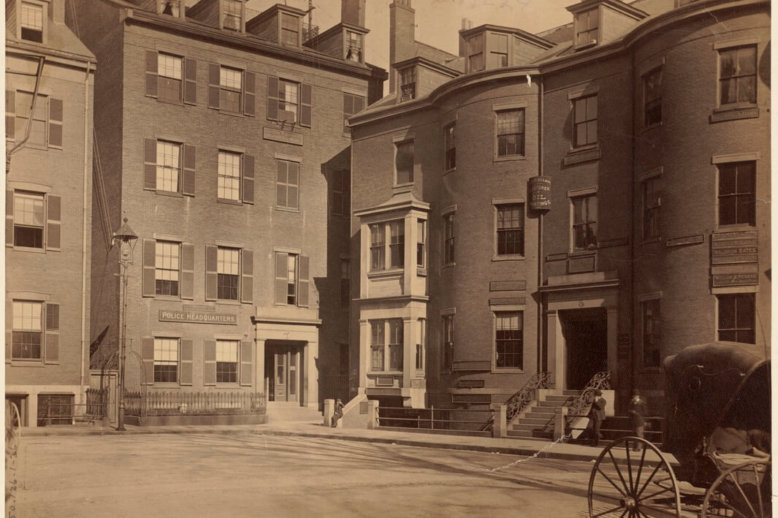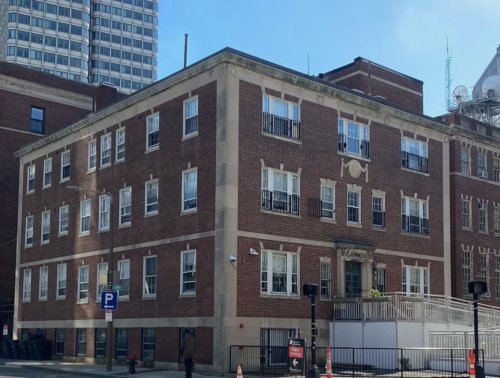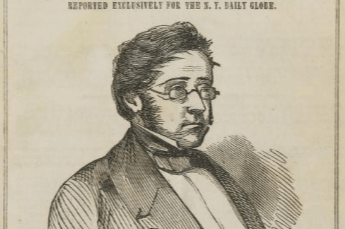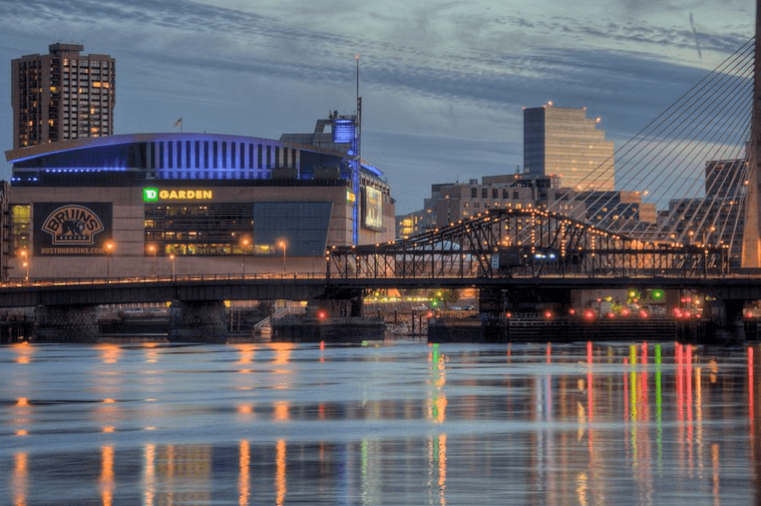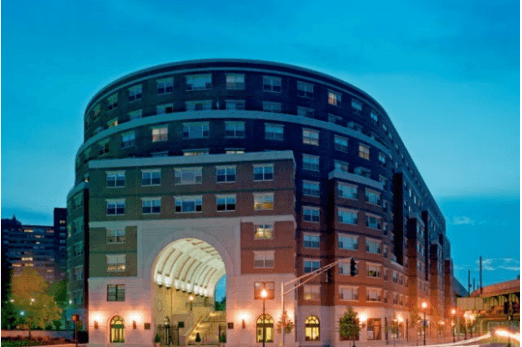Two Girls in the Ring: An Unsanctioned West End Boxing Match
In September 1886, an unofficial boxing match took place on Staniford Street between two young girls, Lizzie and Mollie. The bout involved a makeshift ring, drawn-up terms, a referee, and two-hundred young people in a crowd. When a police officer arrived, the fight quickly ended, but the event made front-page news, and linked the West End to a century-old tradition of women and girls’ boxing in 1700s Britain.



